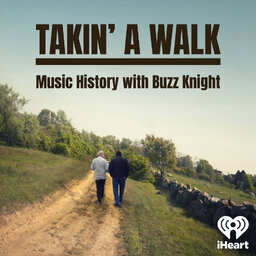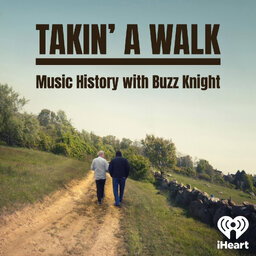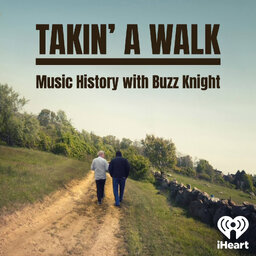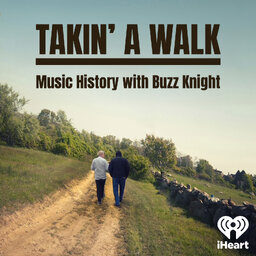Walking Through Creativity: Music Inspiration Stories with Peter Himmelman
Join @thebuzzknight for this episode with singer-songwriter Peter Himmelman. Peter was the first music guest on Takin A Walk at the beginning of the journey, and he is the author of the new book "Suspended by No String. A songwriter's reflections on faith, aliveness and wonder."
If you have questions or comments, write Buzz at buzz@buzzknightmedia.com
Connect with Buzz on Twitter @TheBuzzKnight and Instagram @takinawalkpodcast.
Like this show? Leave us a review here. Review
In 1 playlist(s)
Takin' A Walk - Music History with Buzz Knight
On the Takin’ A Walk-Music History Podcast, Buzz Knight goes deep with American music’s most iconic …Social links
Follow podcast
Recent clips

Buzz Knight and Cousin Brucie: A Walk Through Rock Music History and Nostalgic Memories of Radio's Golden Age
30:40

Marc Broussard: Soul Rockers, Growing Up in Louisiana's Music Scene, and Finding Your Authentic Voice-Rock and Roll Stories.
47:18

"Celebrating Timeless Rhymes: De La Soul's The Grind Date Turns 20"-Hip Hop Music History-Best Musician Interview Podcast Replay
32:24
 Takin' A Walk - Music History with Buzz Knight
Takin' A Walk - Music History with Buzz Knight